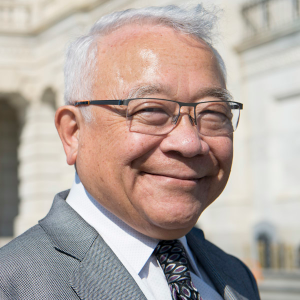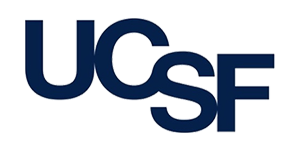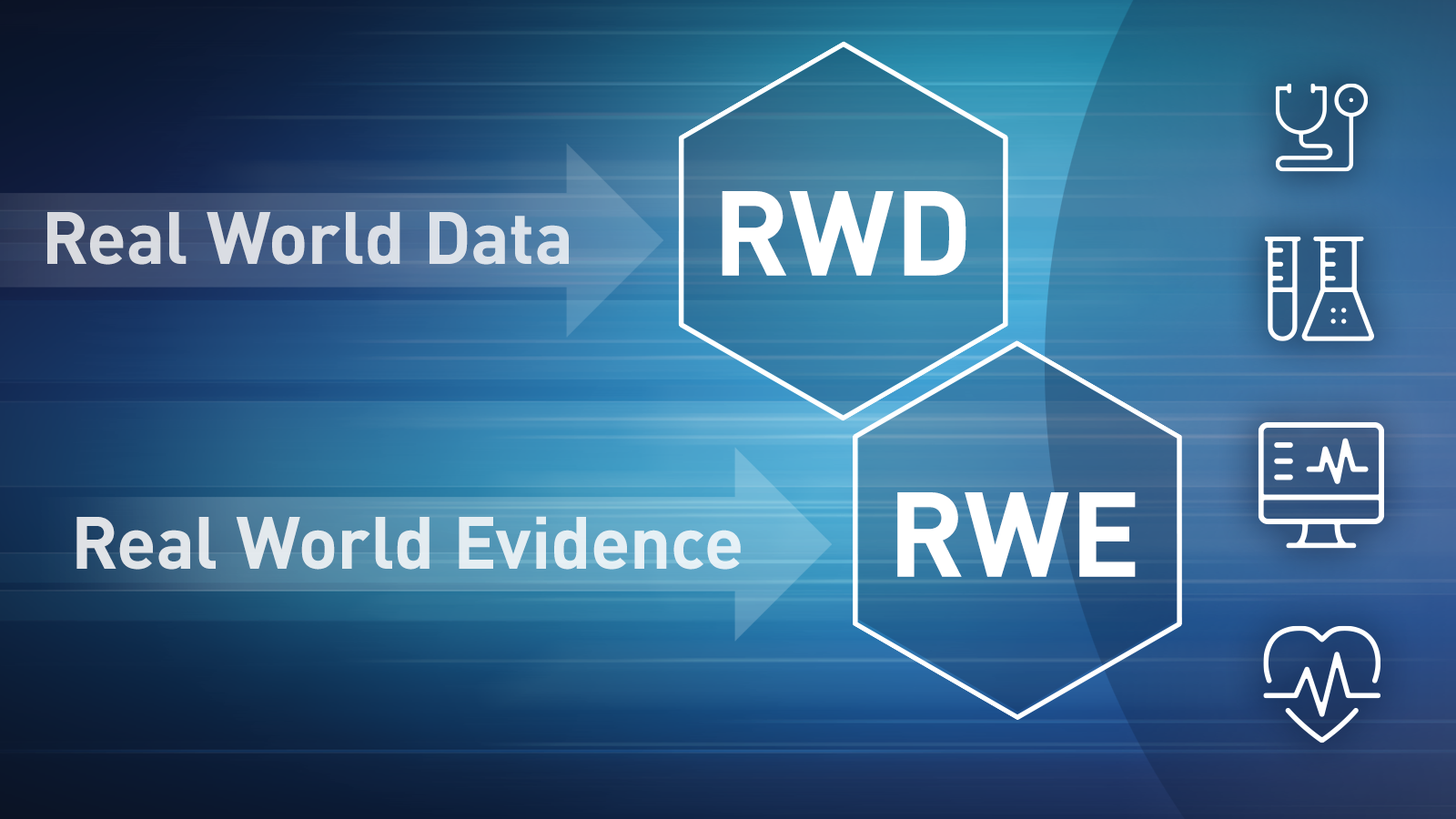Biography
Dr. Yamamoto is a leader in science and public policy. He has made an indelible impact by simultaneously advocating for Precision Medicine across the .edu, .gov, .com and .org sectors. As Chair of the National Academies Board on Life Sciences, he appointed and served on the study committee that produced “Toward Precision Medicine: Building a Knowledge Network for Biomedical Research and a New Taxonomy of Disease”, the report that enunciated the precision medicine concept. He helped to stimulate President Obama’s interest, which led to the Precision Medicine Initiative, as well as Gov. Jerry Brown’s launch of the California Initiative to Advance Precision Medicine. He also promoted a precision medicine approach to Vice President Biden’s Cancer Moonshot, provoked broader participation by the corporate and nonprofit sectors, and directs UCSF Precision Medicine, an institution-wide imperative. In addition, Dr. Yamamoto has led or served on numerous federal or national committees focused on public and science policy, public understanding and support of biological research, research funding and peer review, and science education and the biomedical workforce; he chairs the Coalition for the Life Sciences, and sits on the National Academy of Medicine Council and Executive Committee, and the National Academy of Sciences Division of Earth and Life Studies Advisory Committee. He is a member of the Advisory Board for Lawrence Berkeley National Laboratory and the Board of Directors and Executive Committee of Research!America. At UCSF, Dr. Yamamoto is vice chancellor for science policy and strategy and professor of cellular and molecular pharmacology. He is a leading researcher, investigating transcriptional regulation by nuclear receptors, which mediate the actions of essential hormones and cellular signals; he uses mechanistic and systems approaches to pursue these problems in pure molecules, cells and whole organisms. He is an elected member of the National Academy of Sciences, the National Academy of Medicine, the American Academy of Arts and Sciences, and the American Academy of Microbiology, and a fellow of the American Association for the Advancement of Science.
Session Abstract – PMWC 2023 Silicon Valley
Track Chair:
- Courtney McFall, UCSF
- Ben Rubin, UCSF
Patient-centric data – Real-World Evidence (RWE) and Real-World Data (RWD) - is becoming instrumental in the drug development process and for health care decisions in general. This data is not only informative for the process from discovery to new indications, clinical trial design, and drug development, it also can be of value to monitor post-marketing drug safety and for decision support in clinical practice. As the data becomes a decision driver, science companies and medical organizations are increasingly focused on leveraging RWD and RWE to not only better understand the patient populations using their drugs and the respective outcomes, but also to accelerate clinical decision support. This session will focus on the various aspects of integrating RWE and RWD to support drug development and clinical decision support.
Sessions:
- Clinical Studies Using RWD (PANEL)
Chair: Aaron Kamauu, Navidence
- Liora Schultz, Stanford
- Scott Morris, Optum Life Sciencess
- Sanket Dhurva, UCSF
- Motiur Rahman, FDA
- Farid Vij, Invitae - Beyond the EHR: Acquisition of RWD Types to Enable Precision Medicine (PANEL)
Chair: Riley Bove, UCSF
- Anna Berry, Sypase
- Matthew Lungren, Microsoft
- Ashley Brenton, Optum
- Vasu Chandrasekaran, Ontada - Data Linkage, Harmonization, and Quality (PANEL)
Chair: Vivek Rudrapatna, UCSF
- Rohit Vashisht, UCSF
- Adam Asare, QLHC
- Dan Riskin, Verantos
- Wanmei Ou, Ontada
- Mindy DeRouen, UCSF
- Using RWE to Uncover and Address Health Disparities (PANEL)
Chair: Chris Boone, AbbVie
- Robert Hiatt, UCSF
- Abasi Ene-Obong, 54gene
- Alice Popejoy, UC Davis Health
- Nuray Yurt, Novartis Oncology
- Vic Spain, Genentech - FDA RWD/RWE Draft and Final Guidances
- Motiur Rahman, FDA
- Fireside Chat:
- Vivek Rudrapatna, UCSF
- Hilary Marston, FDA
- Atul Butte, UCSF - From Real World to Regulatory-Grade: Navigating the Evidence Chasm
Chair: Sheila Walcoff, Goldbug Strategies
- Elaine Katrivanos, Tempus
- Kathy Hibbs, 23andMe
- Mike Ryan, McDermott Will & Emery
- Terry Myerson, Truveta









